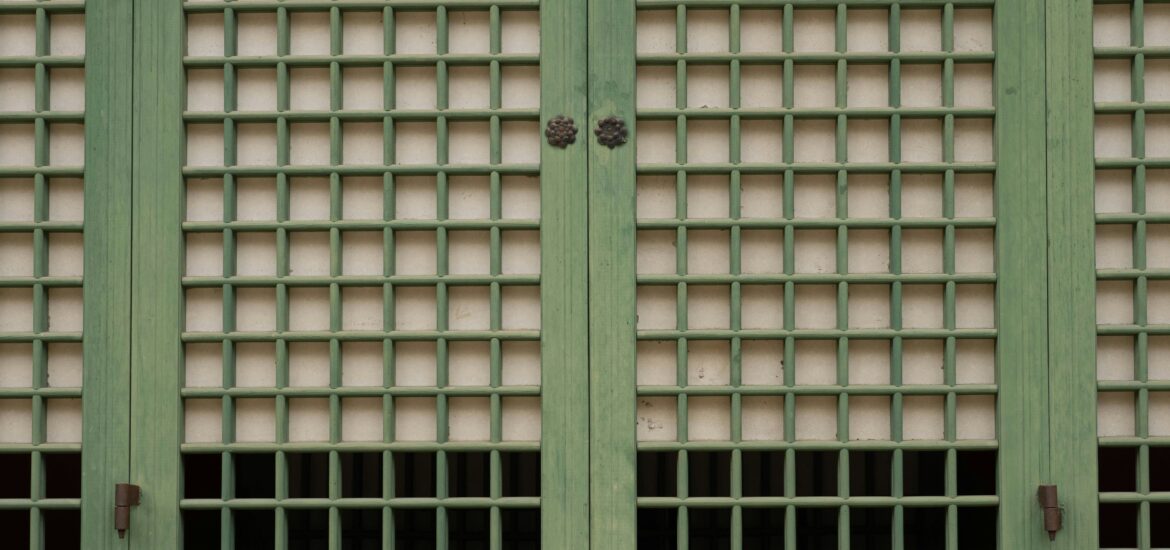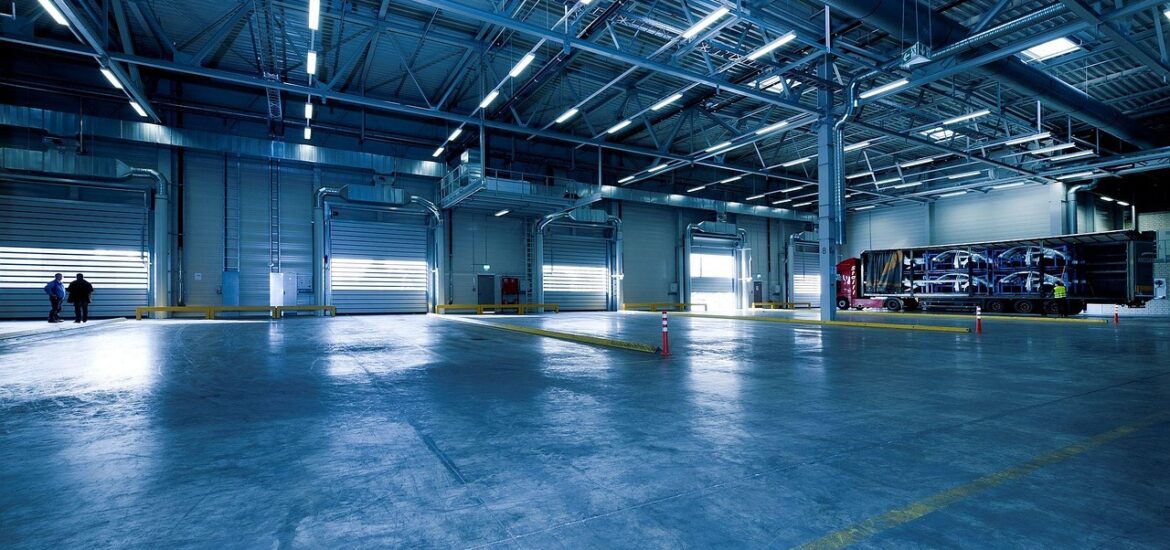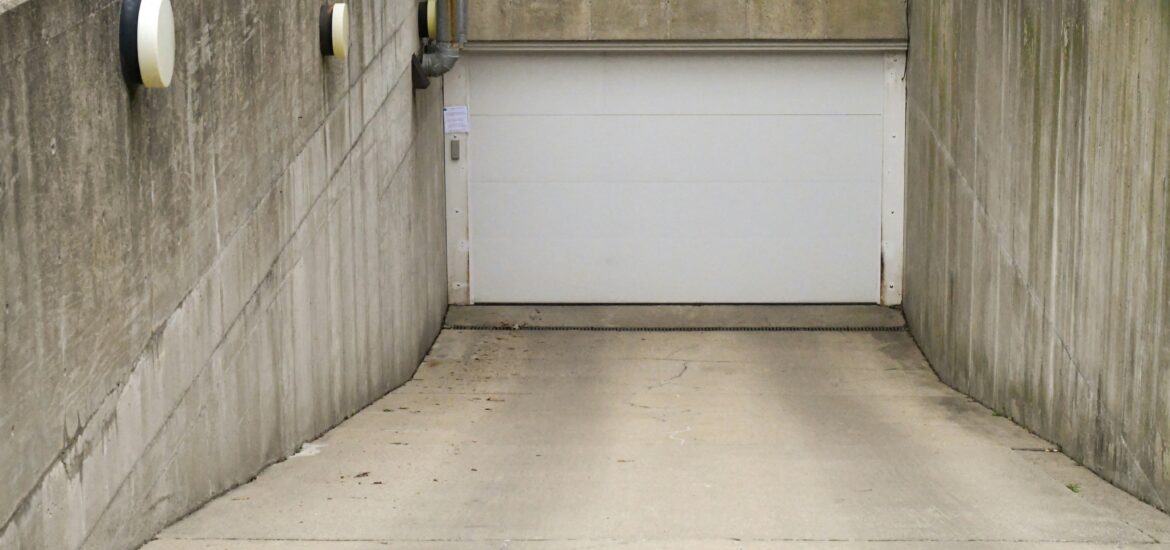In an industrial environment, every design decision plays a crucial role in productivity, safety, and long-term cost efficiency, and factory doors are no exception. Factory doors are not merely entry and exit points; they serve as essential components that regulate workflow, ensure security, enhance safety, and improve energy efficiency. Choosing the right factory doors can significantly impact daily operations, employee comfort, and compliance with industry standards.
This comprehensive guide explores the different types of factory doors, key factors to consider when selecting them, and how the right choice can future-proof your facility.
Why Factory Doors Are More Important Than You Think
Factory doors operate in demanding environments. Unlike residential or standard commercial doors, they must withstand constant use, heavy machinery movement, harsh weather, temperature variations, and strict safety regulations. Poor-quality or unsuitable doors can lead to downtime, increased maintenance costs, energy loss, and even workplace accidents.
High-quality factory doors help streamline logistics, protect assets, reduce noise pollution, and maintain internal environmental conditions making them an essential investment rather than a simple architectural feature.
Understanding Different Types of Factory Doors
Roller Shutter Doors
Roller shutter doors are among the most popular choices for factories due to their space-saving design and durability. They roll vertically into a compact box, making them ideal for facilities with limited space. These doors are commonly used for loading bays, warehouses, and production units.
Sectional Overhead Doors
Sectional doors open vertically and slide along ceiling tracks, offering excellent insulation and weather resistance. They are particularly suitable for temperature-controlled factories, food processing plants, and pharmaceutical units.
Steel Security Doors
Designed for maximum protection, steel doors provide superior resistance against forced entry, fire, and impact. These doors are often installed in high-security zones such as storage rooms, chemical units, and restricted-access areas.
High-Speed Doors
High-speed doors are engineered for rapid opening and closing, improving workflow efficiency and maintaining internal climate control. They are ideal for high-traffic areas where forklifts and personnel frequently move between zones.
Fire-Rated Factory Doors
Fire-rated doors are essential for meeting safety regulations and protecting lives and property. They are designed to withstand fire for a specific duration, preventing flames and smoke from spreading across sections of the factory.
Key Factors to Consider When Choosing Factory Doors
Operational Requirements
The first step in selecting the right factory door is understanding how it will be used. Consider the frequency of opening and closing, the type of traffic (manual handling, forklifts, pallets), and the speed required for operations.
Material Strength and Durability
Factory doors must endure heavy usage and harsh conditions. Materials like galvanized steel, aluminum, and reinforced composites offer excellent durability and longevity, reducing repair and replacement costs.
Safety and Compliance
Compliance with local safety regulations and international standards is non-negotiable. Look for doors with safety sensors, emergency stop features, fire ratings, and anti-fall mechanisms to protect workers and equipment.
Thermal and Acoustic Insulation
Insulated factory doors help maintain internal temperatures, reduce energy consumption, and minimize noise pollution. This is especially important in factories with climate-sensitive processes or noise-heavy machinery.
Security Needs
Factories often store high-value machinery, raw materials, and finished goods. Choosing doors with advanced locking systems, reinforced panels, and access control integration enhances overall facility security.
Energy Efficiency and Sustainability Benefits
Modern factory doors contribute significantly to energy efficiency. Insulated doors prevent heat loss during winter and keep interiors cool during summer, reducing HVAC costs. High-speed doors minimize air exchange, helping factories maintain consistent internal environments.
Additionally, many manufacturers now offer eco-friendly materials and energy-efficient designs, supporting sustainability goals and reducing the factory’s carbon footprint.
Automation and Smart Door Technology
Automated factory doors are becoming the industry standard. Features such as motion sensors, remote controls, programmable timers, and integration with building management systems improve operational efficiency and safety.
Smart factory doors also reduce human error, enhance access control, and provide data insights on door usage helping managers optimize workflows and maintenance schedules.
Maintenance and Long-Term Cost Considerations
While the initial cost of factory doors is an important factor, long-term maintenance and operational costs should not be overlooked. High-quality doors may have a higher upfront cost but offer lower maintenance, fewer breakdowns, and longer service life.
Regular inspections, lubrication, and timely repairs ensure smooth operation and prevent costly downtime. Choosing a reputable supplier with strong after-sales support is equally important.
Customisation for Industry-Specific Needs
Every factory operates differently. Custom factory doors can be tailored to size, material, insulation level, speed, and safety features to meet specific industry requirements. Whether it’s a food processing plant needing hygiene-compliant doors or a manufacturing unit requiring heavy-duty impact resistance, customization ensures optimal performance.
Common Mistakes to Avoid When Selecting Factory Doors
One of the most common mistakes is prioritizing cost over quality. Cheap doors may fail under industrial stress, leading to frequent repairs and safety risks. Another mistake is ignoring future scalability doors should accommodate potential expansion and increased operational demand.
Failing to consider environmental conditions such as humidity, dust, and temperature can also result in premature wear and reduced efficiency.
Final Thoughts: Investing in the Right Factory Doors
Choosing the right factory doors is a strategic decision that directly impacts productivity, safety, energy efficiency, and long-term operational costs. By understanding your facility’s specific needs, evaluating door types, and focusing on quality and compliance, you can ensure a solution that delivers value for years to come.
Factory doors are more than just access points, they are essential infrastructure elements that support smooth operations and sustainable growth. Investing wisely today means fewer disruptions, enhanced safety, and improved efficiency tomorrow.





